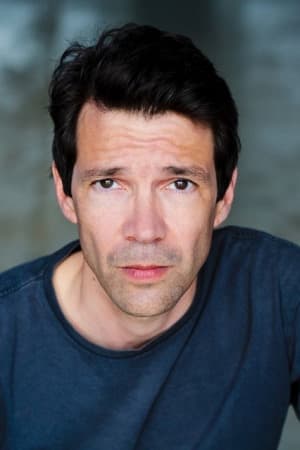
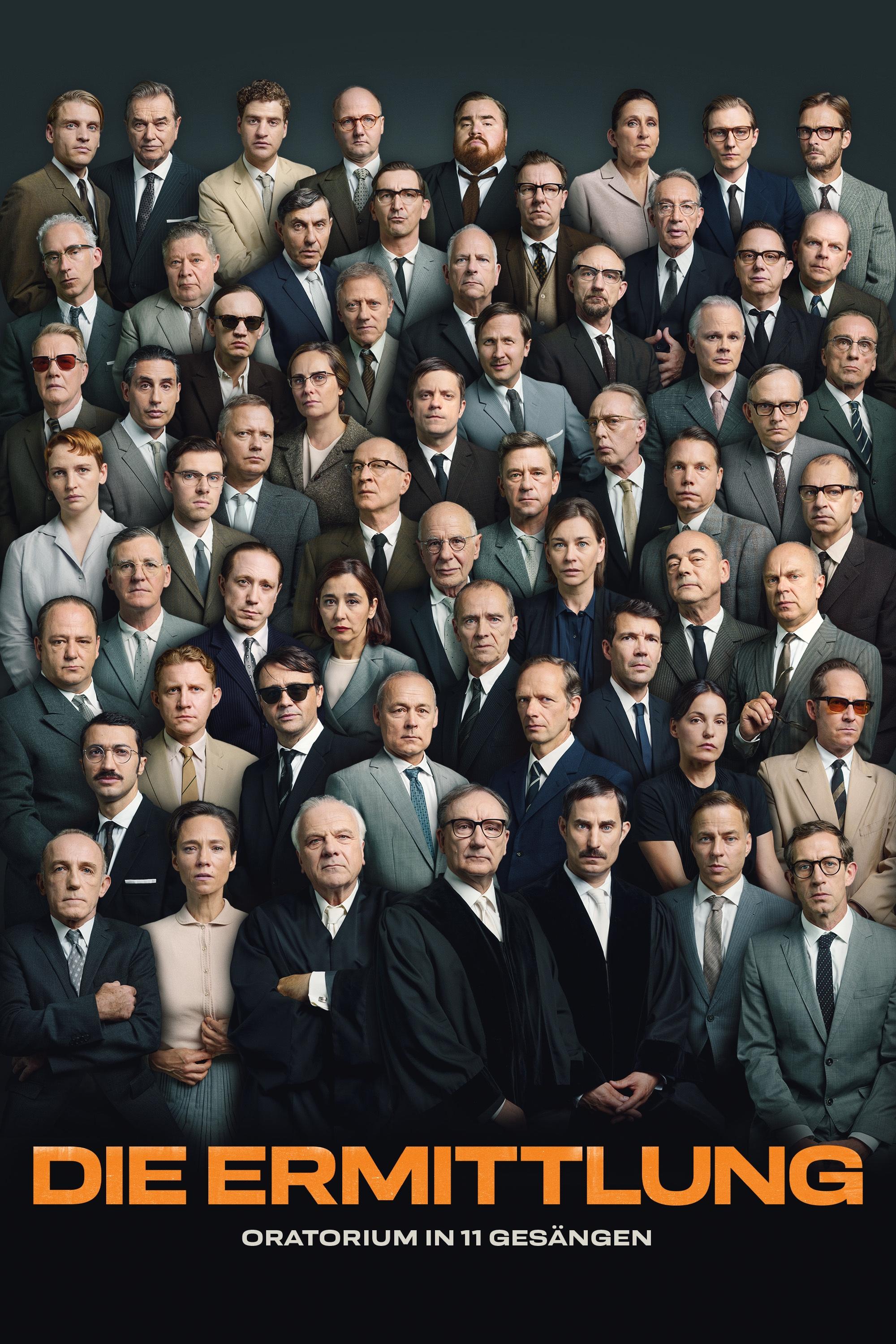
Peter Weiss’ monumental 1965 stage play, among the greatest artworks on the Holocaust, condenses the testimonies of witnesses and the accused during the Frankfurt Auschwitz Trials of 1963-1965. This ultra-faithful film adaptation builds, across four hours, in its intensity and graphically described detail.
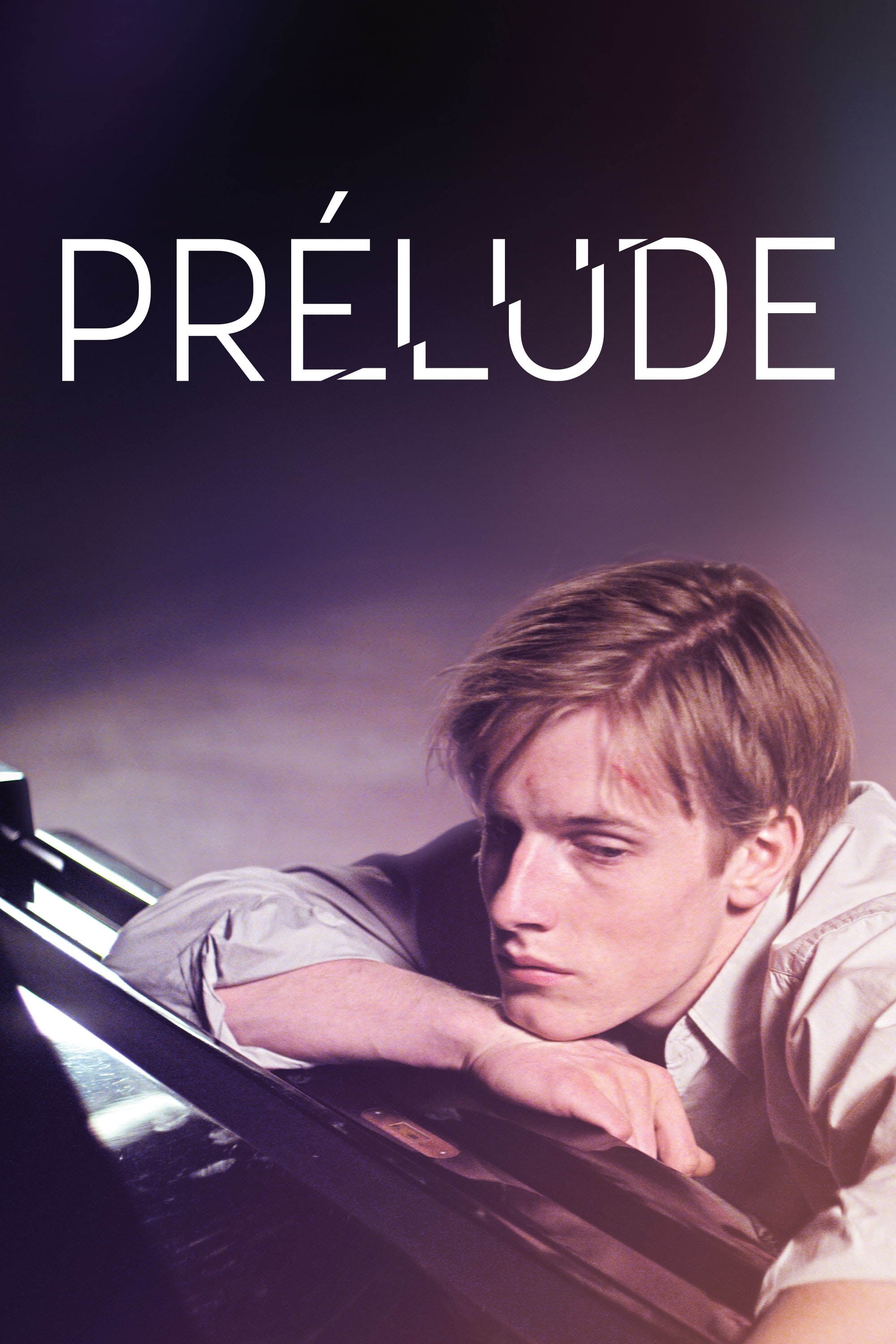
Nineteen-year-old David dreams of being a concert pianist on the international stage. Although his talent made him special in his home town, he soon realizes that at the conservatory he is but one of many talented students.
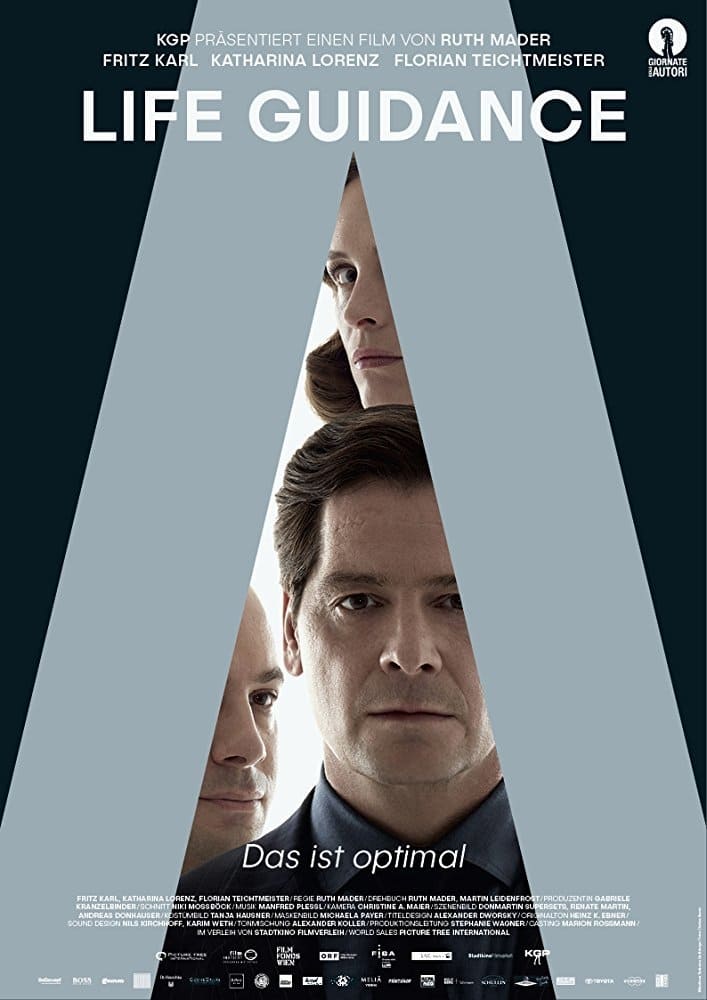
The film is set in the near future, in a world of perfect capitalism. Society is sustained by a class of top achievers; meanwhile, so-called minimum recipients live under sedation in Fortresses of Sleep. The great majority of top achievers view themselves as happy. An outsourced agency has been established for the rest: Life Guidance is charged with turning these individuals into optimal people as well. Alexander has internalized the system but one wrong word to his child triggers Life Guidance. He starts to rebel and encounters the horror of the system in all its brightness and affability.
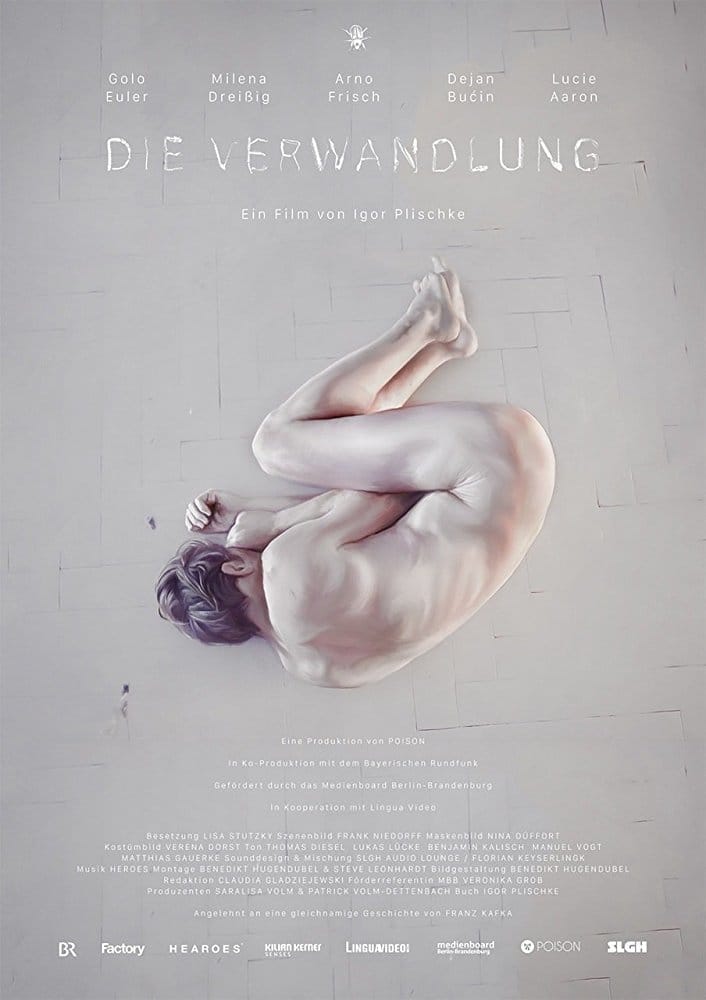
This short follows Gregor Samsa from Franz Kafka's "The Metamorphosis". It is set in the modern world and shows the events leading up to Kafka's metamorphosis. Gregor is a young man working for a textile company, who breaks down mentally after his job becomes overwhelming. He slowly loses his sanity and touch with reality.
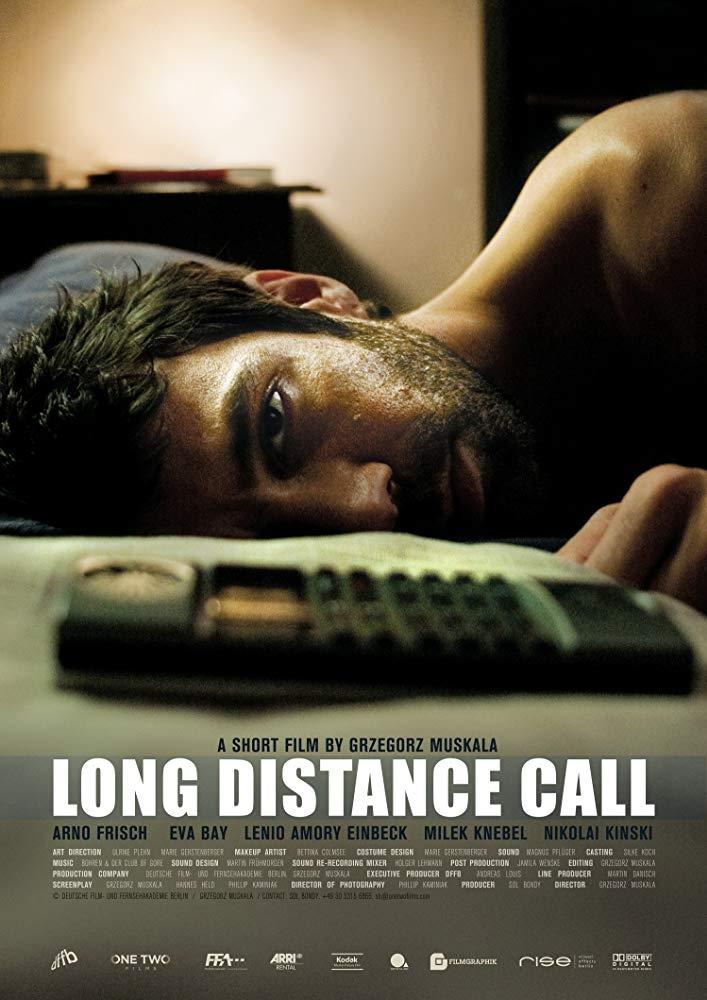
Henry is alone in a silent and darkened apartment, anxious and waiting by the phone, as his small child sleeps. Finally, a call. His wife Claire is on the other side of the world on a beach at a luxury resort, drunk, also in the dark, but apparently with another man. An adulterous affair, or a life in danger? In the harrowing wait and frantic calls that follow, is it his marriage, his wife or his sanity that is most under threat? The telephone line is the single fragile thread that connects them. All Henry can do is to hang onto that phone.
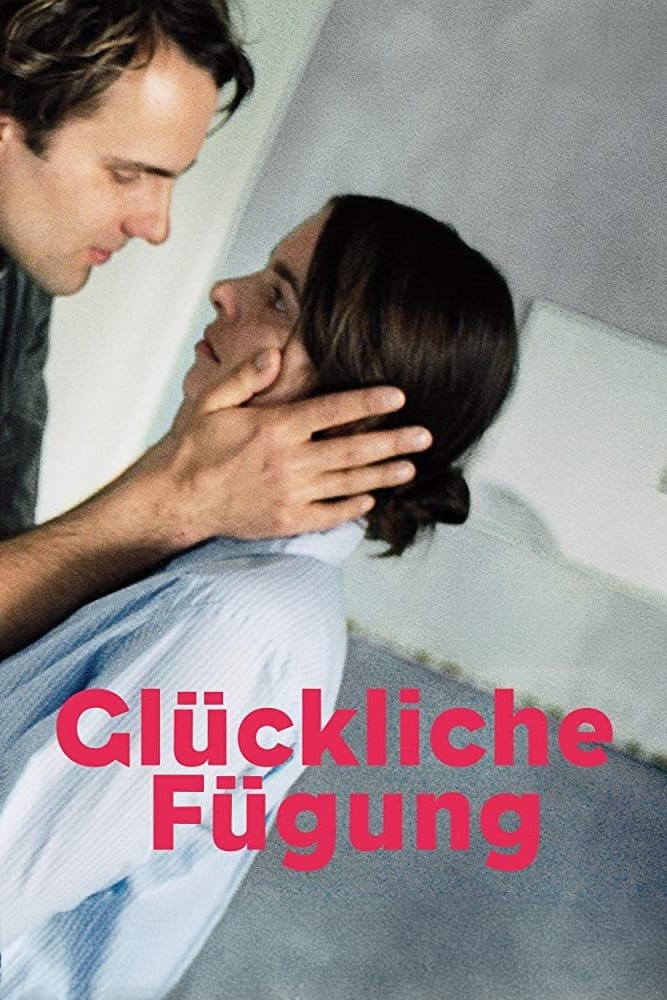
A few weeks after palliative nurse Hans spends New year's eve completely with new acquaintance Simone, she finds herself pregnant, unplanned. At another surprise meeting, handsome Hannes surprises her by reacting to the news by offering her to move into his fine home. While Hannes devotes himself further to terminal hospital patients, Simone lazily renovates the house, but somehow gets jealous of the neighbors and compromises everything.
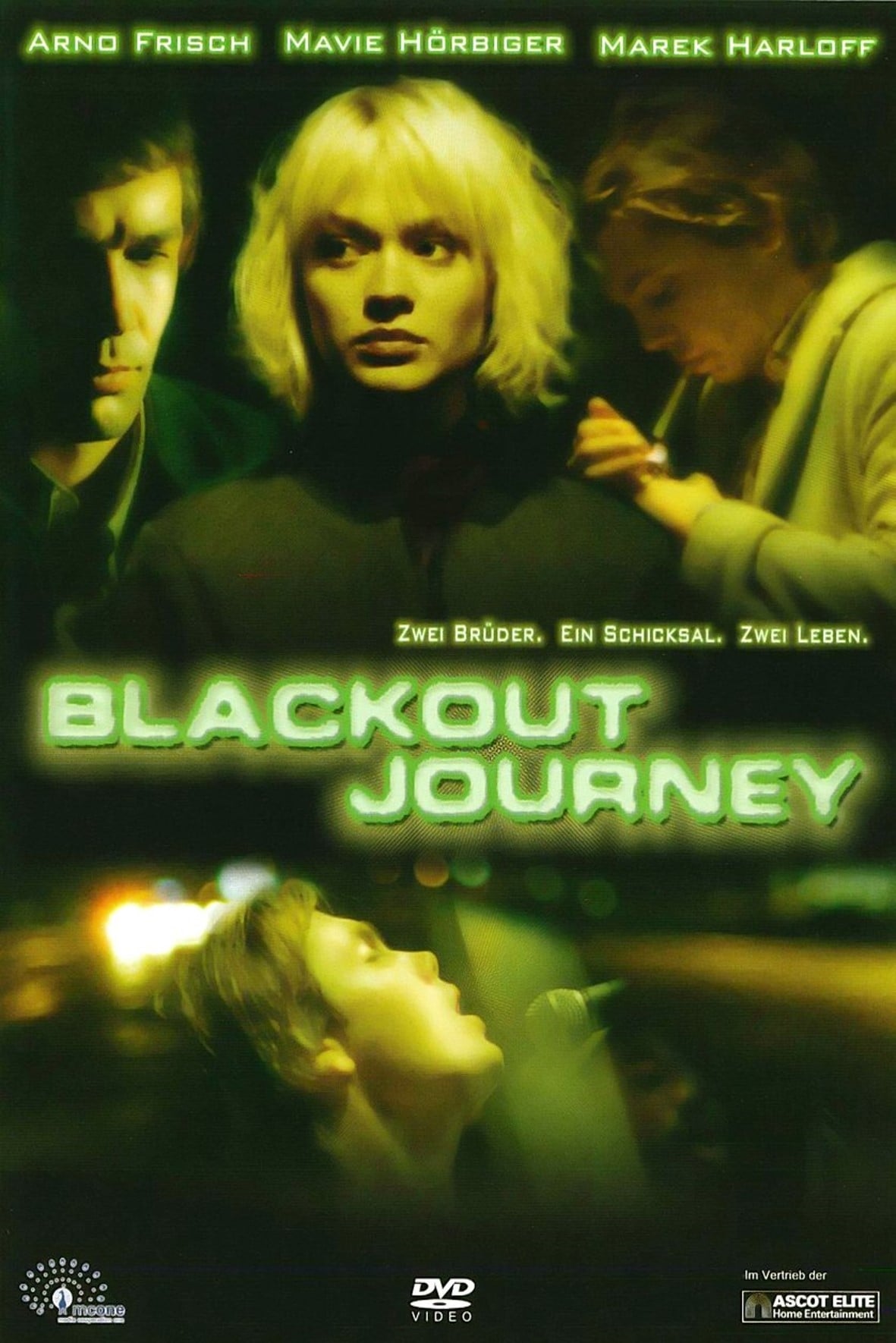
Musician Mio from Berlin is astonished when he learns that he is entitled to a handsome sum in compensation for the death of his parents in a terrorist attack several years earlier. All he needs is the signature of his brother Valentin, who lives in Austria, and then the money can start to pour in. However, the project turns out to be more difficult than expected, because as a mountain farmer on the alpine pasture, the brother lives in a world of his own.
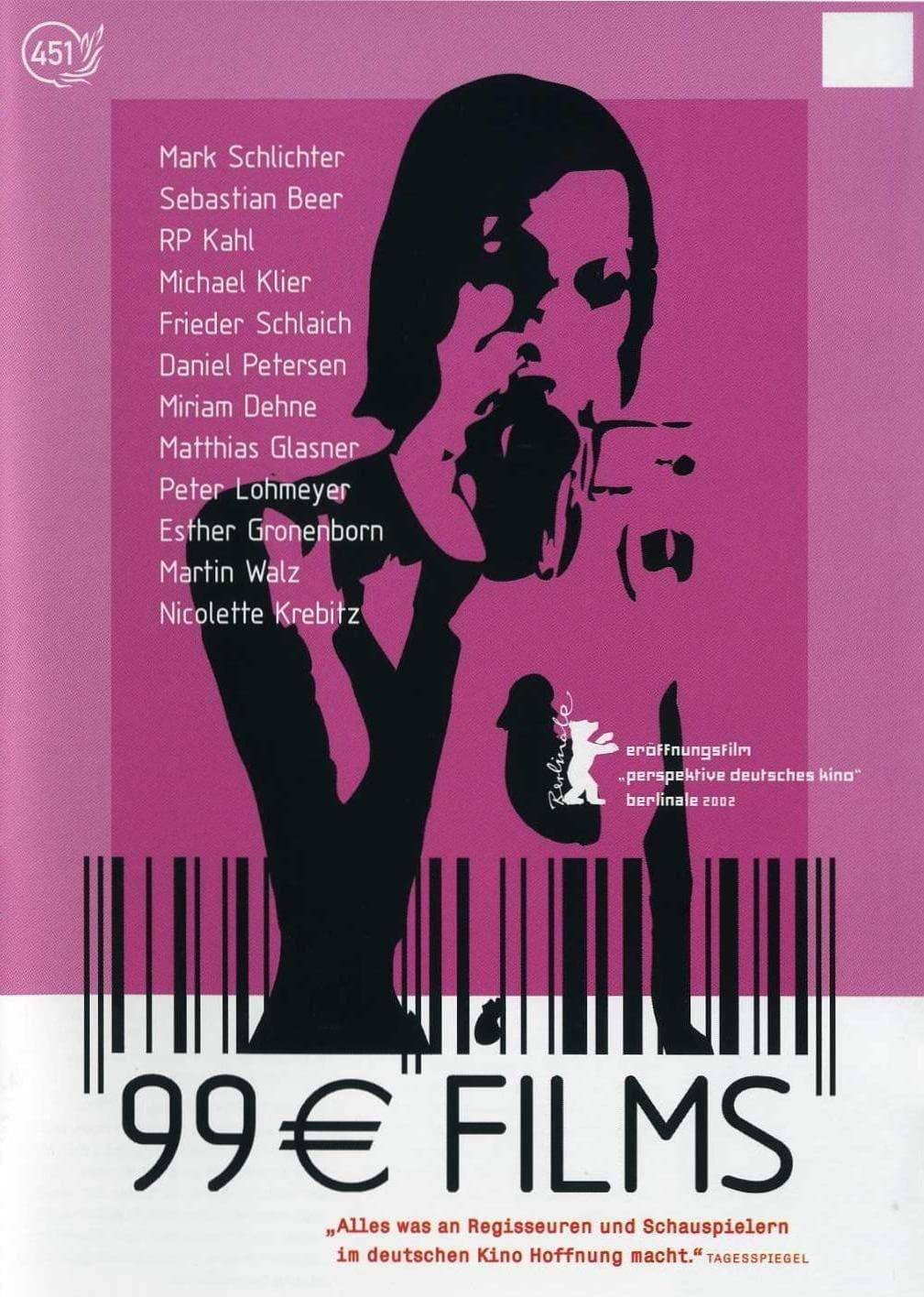
Anyone can hold a mini-DV camera. Anyone can get 99 euros in credit. And everyone has already written a five-minute story in school. So everyone is actually prepared to make a 99euro-film. but "99euro-films" is more. It is the proof that German films can also be wild, new, modern, funny, political and entertaining. And all that in 80 minutes. 12 young German filmmakers come together, inspire exciting young actors and go: have an idea and simply film it. Just do it and be independent.
From Wikipedia, the free encyclopedia. Arno Frisch (born 13 November 1975) is an Austrian actor. He has had central roles in two films by Michael Haneke, namely, Benny's Video and Funny Games. Description above from the Wikipedia article Arno Frisch, licensed under CC-BY-SA, full list of contributors on Wikipedia.
By browsing this website, you accept our cookies policy.